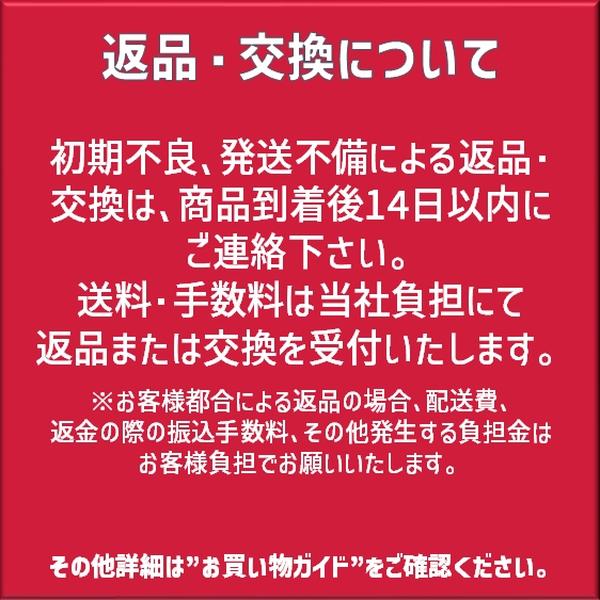CKD セレックスシリンダ用ジャバラ単品 CAV2-75-479-J-BELLOWS-SET
(税込) 送料込み
商品の説明
商品説明
※画像はイメージです。
※本商品はメーカー取り寄せ商品です。
※掲載商品は予告無く販売終了となっている場合があり、出荷確約をするものではありません。
■特長
●CAV2シリーズ
●セルシリンダ用(ジャバラ単品)
■出荷目安:通常5〜7営業日以内に発送可能です。(欠品などによる遅延が発生する場合は、都度ご連絡いたします)
商品カテゴリ
- GAOS Yahoo!ショップ
- CKD製品特集
- DIY、工具
- 業務、産業用
- 物流、運搬用
- その他物流、運搬用品
JANコード/ISBNコード
0000000000000
商品コード
ckdw6785





商品の情報
カテゴリー
配送料の負担
送料込み(出品者負担)配送の方法
ゆうゆうメルカリ便発送元の地域
宮城県発送までの日数
1~2日で発送メルカリ安心への取り組み
お金は事務局に支払われ、評価後に振り込まれます
出品者
スピード発送
この出品者は平均24時間以内に発送しています